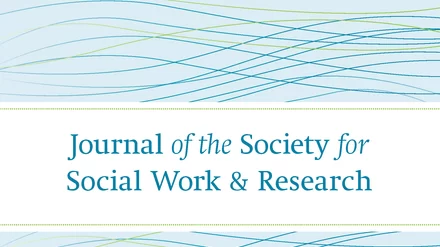Learning From Practitioners Serving LGBTQ+ Forced Migrants and Other Diverse Groups: Implications for Culturally Informed Affirmative Practice
Abstract
Objectives: This study explored the perspectives of mental health practitioners serving LGBTQ+ forced migrants, forced migrants not identifying as LGBTQ+, and nonmigrant LGBTQ+ individuals to understand the clinical frameworks guiding their practice and how they approached clients whose identities were similar to or different than their own. Method: Twenty-eight mental health practitioners from three Canadian cities participated in interviews. The sample comprised practitioners serving LGBTQ+ forced migrants (n=11�=11); forced migrants not identifying as LGBTQ+ (n=9�=9); and nonmigrant LGBTQ+ clients (n=8�=8). Data were analyzed using constructivist grounded theory. Results: Practitioners across all three groups used similar approaches whether or not they worked with clients whose sexual orientations, gender identities, racial/ethnic backgrounds, or migration status were different than their own. Practitioners described incorporating cultural competence, cultural humility, and LGBTQ+ affirmative and antioppressive practices in their work. Practitioners also noted that some clients had experienced discrimination by other providers, which sometimes made it difficult to establish a therapeutic relationship with them. Conclusions: Cultural humility, cultural competence, and affirmative practice may not be mutually exclusive. Similarities in practices across provider samples point to the salience of integrating clinical concepts and frameworks when working with LGBTQ+ forced migrants, LGBTQ+ individuals with diverse cultural backgrounds, and forced migrants who do not identity as LGBTQ+.
Expertise
Sexual and gender identitiesMembers and SHERPA Teams
Edward Ou Jin Lee
Professor, École de travail social, Université de Montréal and chaireholder of Chaire Jean-Monbourquette sur le soutien social des personnes endeuillées

